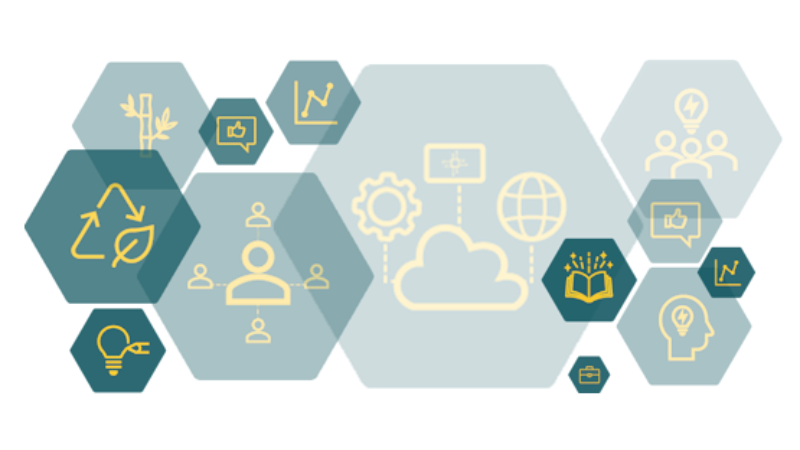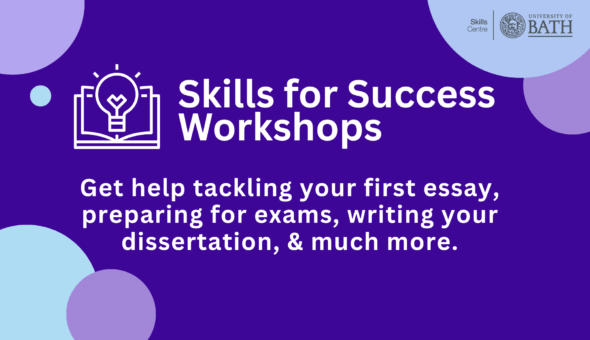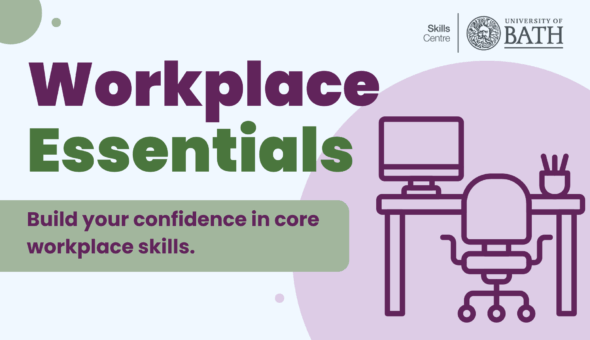We were very interested to read The Guardian article earlier this month about higher education students needing to develop soft skills such as empathy and time management to support the development of confidence and be able to articulate their skills better during job interviews. This resonated with the work of the Skills Centre and the support we provide University of Bath students to develop these same skills to ensure students can progress successfully into the careers of their choice.
We avoid calling them ‘soft’ skills though, to avoid any suggestion that they are somehow less important than the technical ‘hard’ skills students learn on their courses. We refer to the skills we support students to develop as transversal skills, as we believe this better represents the breadth of importance of these skills to both academic and professional success.
Developing transversal skills
For example, our Skills for Success workshops focus on teamwork, problem solving, presentation skills, and professional and clear communication whether writing or speaking. These workshops are convenient, 50-minute, self-contained skills development sessions, that run in-person and remotely and are open access, meaning any student can join, whether they’re based on campus or are studying remotely from another location. These workshops are centred around a practical activity, so students leave each session with a skill they can immediately apply for their own needs.
Next year, we’ll also be launching an updated blended public speaking course, which will focus on developing everyday essential workplace skills such as speaking confidently, being an active listener, and having empathy with others.
In addition to our workshops, we also provide a range of online resources which students can access as many times as they need, whenever they need them. These focus on a range of communication skills and useful workplace skills such as managing perfectionism and time management.
Employability Capabilities Framework
Building on our existing model, next year will see the launch of the Employability Capabilities Framework: these are 13 core employment capabilities focusing on transversal skills development. The aim is to encourage students to reflect on, articulate, and demonstrate key skills as they complete their degree programmes, helping them progress successfully into the career pathways of their choice.
The Skills Centre makes a significant contribution to the development of those 13 capabilities and it is fantastic that there is greater emphasis on communication, empathy and understanding, as these are human agency skills, which in the digital age are more valuable than ever.
Lifelong learning
As The Guardian notes, as ‘digital natives’ move into the workplace, they need to be better equipped with all the skills needed to succeed in a world that still expects them to pick up the phone, write an email, and give a presentation. We recognise our responsibility in preparing them for employment; it’s our duty to ensure their interpersonal and intrapersonal skills are as strong as their technical abilities, and in this way we make an important contribution to students’ lifelong learning.
Respond



